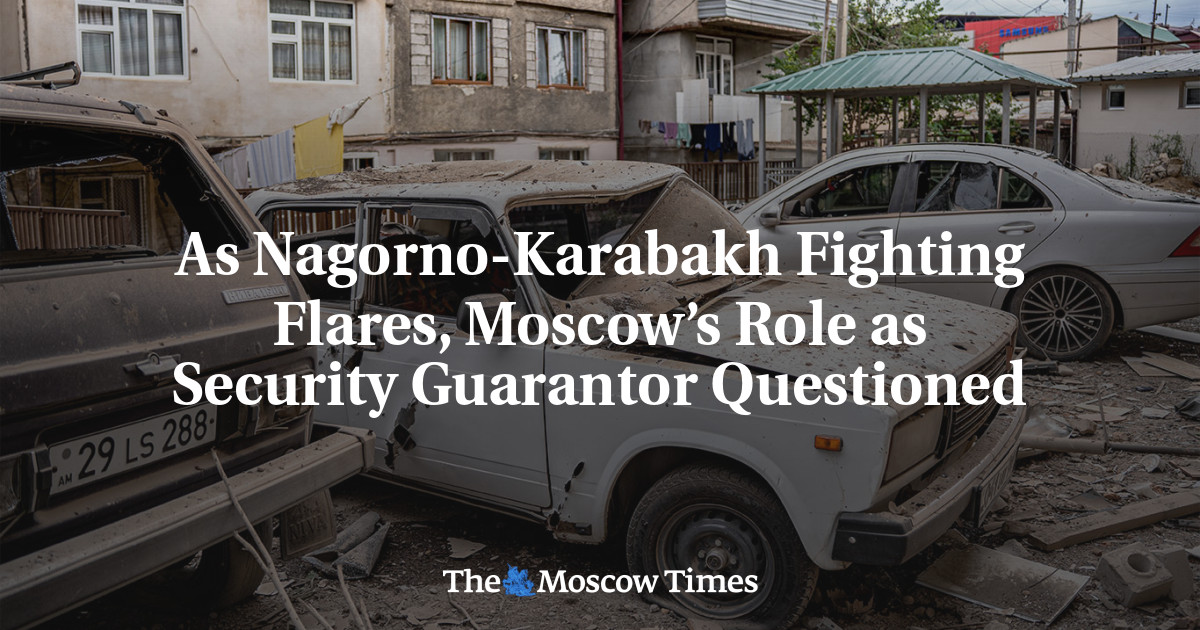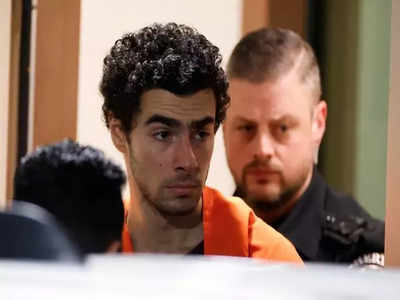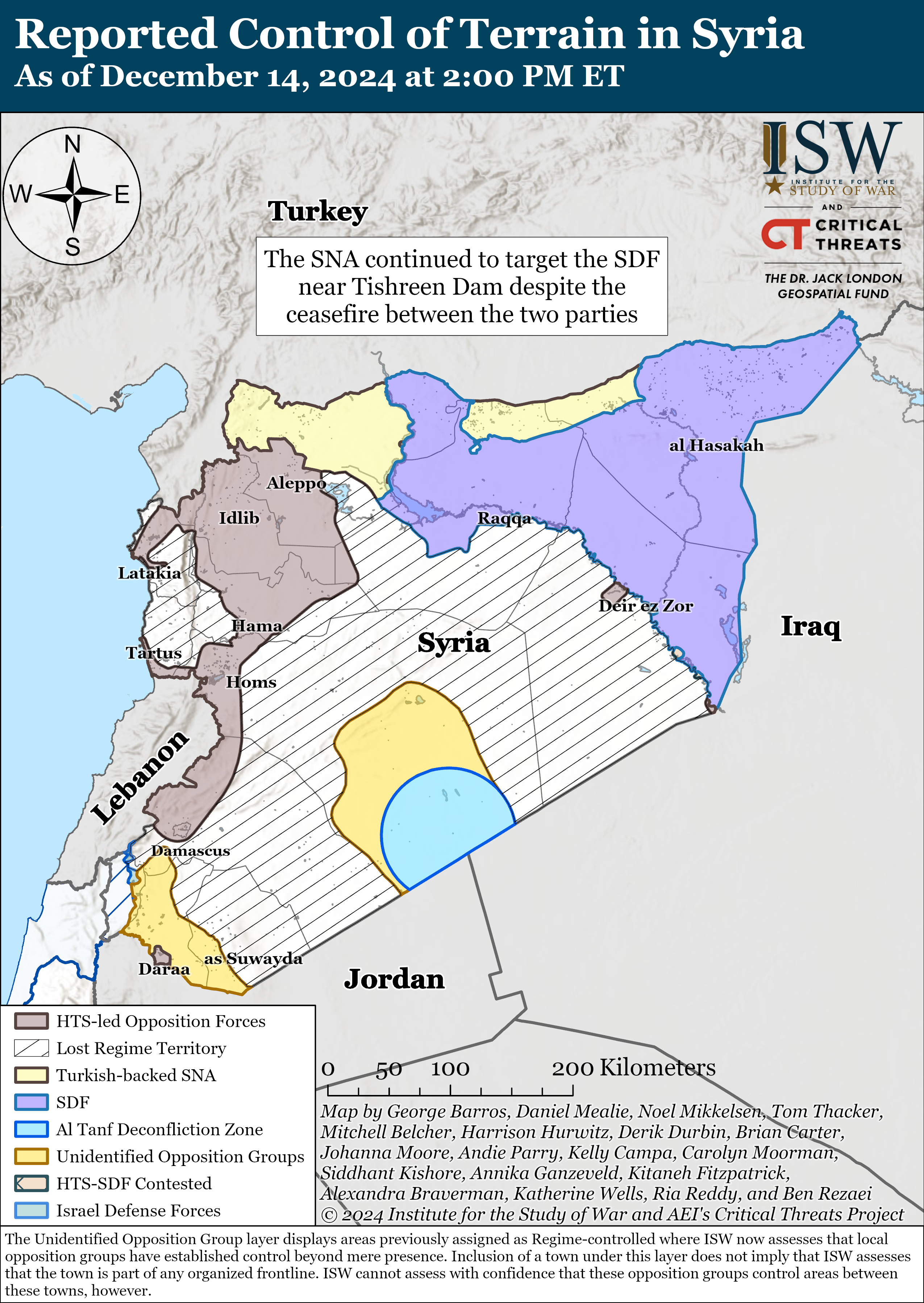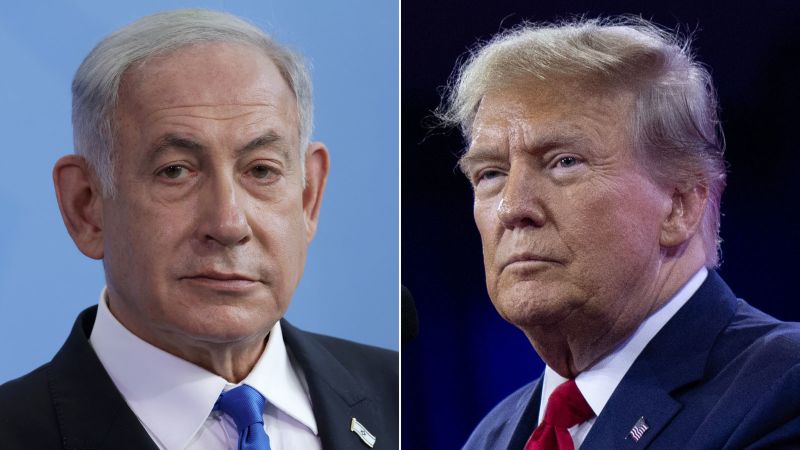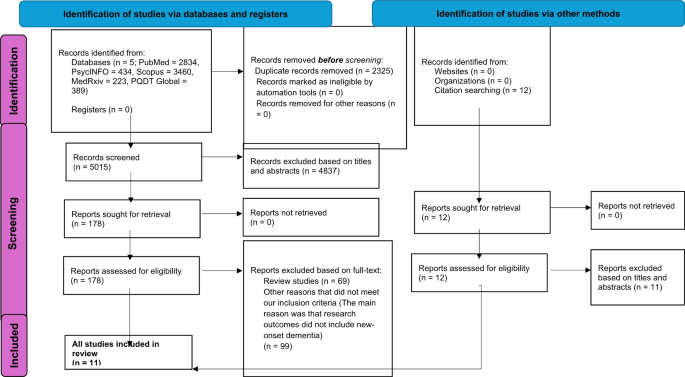Experts have stated that the recent outbreak of hostilities between Azerbaijan and Armenia over Nagorno-Karabakh highlights Moscow’s diminished influence in the region.
Azerbaijan launched a military operation in Nagorno-Karabakh, a majority-Armenian enclave, on Tuesday, nearly three years after engaging in a brutal war with Yerevan over the territory.
Video footage from the capital of Nagorno-Karabakh, Stepanakert, showed the aftermath of shelling in residential areas. Azerbaijan’s defense ministry also published a video showing the alleged destruction of an Armenian military radar station in the region.
The outbreak of fighting coincided with an increase in tension between Armenia and Russia, which is supposed to act as a security guarantor, according to experts interviewed by The Moscow Times.
Tigran Grigoryan, a political expert based in Yerevan, stated, “After the outbreak of the war in Ukraine, Moscow has not been able to fulfill its obligations and now it has adopted some of the positions of the Azerbaijani side of the conflict.” He added, “Relations between Yerevan and Moscow have been deteriorating for a while now.”
Armenian Prime Minister Nikol Pashinyan called on Russia and the United Nations to intervene following the escalation of the conflict.
Pashinyan, whose country is part of a Moscow-led military alliance, stated in televised comments, “First of all, Russia must take steps and, secondly, we expect the UN Security Council to also take steps.”
The Kremlin expressed concern over the sharp escalation in Nagorno-Karabakh. Kremlin spokesman Dmitry Peskov urged Yerevan and Baku to come to the negotiating table and prevent further human casualties.
Fears of a renewed war have been growing in recent months, with Armenia accusing Azerbaijan of a troop build-up and condemning the blockade of its only land link to Nagorno-Karabakh.
Azerbaijan claims that Russia and Turkey, as regional powerbrokers overseeing a fragile peacekeeping mission in Nagorno-Karabakh, were informed about its military activities in advance. However, Russia stated that it was only informed a few minutes before the hostilities began.
Russia’s Foreign Ministry urged Baku and Yerevan to end the violence and return to peaceful negotiations.
This escalation comes nearly three years after a brief but devastating war between Armenia and Azerbaijan over the mountainous region. The conflict ended in a ceasefire and the deployment of Russian peacekeepers.
The two ex-Soviet rivals have been engaged in a long-standing dispute over Karabakh, with large-scale hostilities erupting in the 1990s and again in 2020.
Azerbaijan justifies its mission by citing “systematic” shelling by Armenian-backed forces and accusing them of conducting reconnaissance activities and fortifying defensive positions.
Russia appears to be growing increasingly frustrated as Armenia strengthens its ties with the United States and the European Union.
Last week, Yerevan conducted a joint military exercise with the United States to enhance the interoperability of its unit participating in international peacekeeping missions.
Armenia also discussed with Russia its intention to join the jurisdiction of the International Criminal Court, which is a sensitive issue for Moscow due to the court’s indictment of Russian President Vladimir Putin over accusations of illegally deporting Ukrainian children.
Maria Zakharova, spokesperson for the Russian Foreign Ministry, stated, “With such steps, Yerevan creates favorable conditions for Washington and Brussels to pursue their hostile policies towards Russia.” She made these comments on Tuesday.
Former Russian President Dmitry Medvedev posted a statement on Telegram suggesting that Armenian Prime Minister Nikol Pashinyan wanted to engage with NATO.
Armenia’s foreign ministry condemned Azerbaijani aggression against Karabakh and called on the 2,000 Russian peacekeepers stationed in the region to take clear and decisive action to halt Azerbaijan’s aggression.
Some Azerbaijani politicians have even suggested that Moscow should completely withdraw from the region. Ali Karimli, the head of the opposition Popular Front party, commented on Facebook, “Both the armed forces in Karabakh and the Russian ‘peacekeepers’ should leave Karabakh.”
Arman Abovyan, a former Armenian lawmaker, stated that even if Russia tries to de-escalate the conflict between Baku and Yerevan, Azerbaijan is unlikely to comply with Moscow’s directives. He added, “It is possible that Baku could sign something, but then violate any agreements.”

